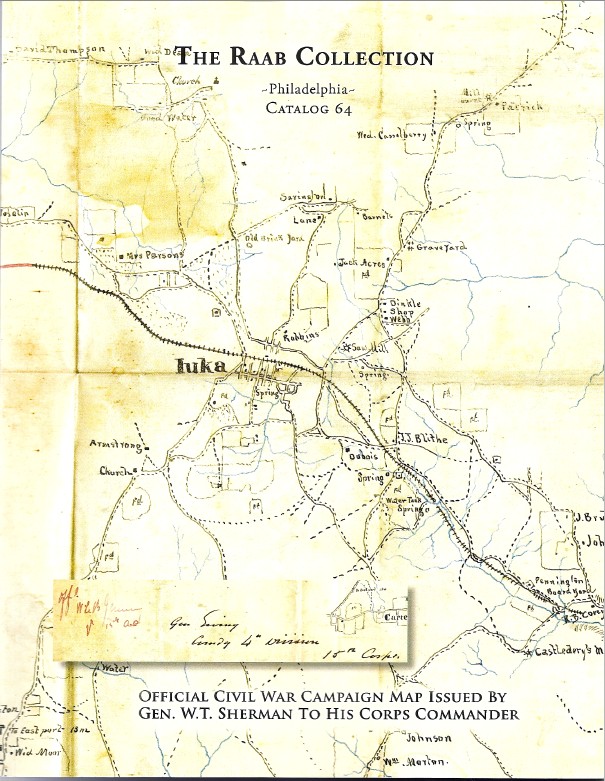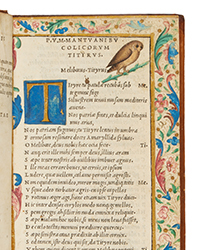Rare Book Monthly
Book Catalogue Reviews - July - 2010 Issue
Important Signed Documents from The Raab Collection
By Michael Stuillman
The Raab Collection is offering Catalog 64, a collection of 52 signed and important documents, overwhelmingly from Americans or pertaining to issues of importance to America. They range from the most important political leaders, including Presidents Lincoln, Jefferson and Theodore Roosevelt, to Generals William Henry Harrison, U.S. Grant and Dwight Eisenhower (all of whom later became presidents too), scientists Albert Einstein and Thomas Edison, actors W.C. Fields and Judy Garland, and numerous other notables. Here is a chance to meet them in their own words.
The revolutionary struggle in America was already difficult enough in 1779, with the British holding a clearly superior force to that of their colonists. That was not enough of an advantage for them. To make things even harder, the British would arm friendly Indians on the western frontier to harass the Americans on the fringes of their civilization. The result was the already disadvantaged revolutionaries were forced to send badly needed manpower out to the frontier to fight Indians. Item 1 is a letter from Thomas Jefferson, author of the Declaration of Independence and now Governor of Virginia, dated August 17, 1779. In it he asks the County Lieutenant for Hampshire, a far western county (now part of West Virginia), to raise a battalion of troops, and that they should "hold themselves in readiness on the shortest warning to proceed to such Western rendezvous as shall be notified to them by the Executive or the Field Officer who shall be directed to take command of them." Priced at $35,000.
A generation later, Americans once again at war with the British, found themselves facing the same strategy from their adversaries. This was the War of 1812, and the British had secured help from various western Indian tribes, the latter hoping to stop the expansion of American settlements. It was at this time that William Henry Harrison would make a name for himself, sufficiently so to be elected president 27 years later. "Old Tippecanoe" would defeat the British and their Indian allies at the Battle of Thames in today's Indiana. President Madison quickly chose to make use of Harrison's familiarity with the Indians to send him back west to reach a treaty. Such a treaty would turn the Indians from being a combatant against them to allies in their war with the British. Item 5 is a July 7, 1814, letter from General Harrison to the Acting Governor of Ohio. In it, he notes that his troops were being withdrawn. "General [Lewis] Cass and myself have therefore determined that as some troops are necessary to preserve good order & guard the public stores, it will be proper that [you] forward two full companies of those who may now be on their march nearest this place." While this was a mission of peace, General Harrison realized he better have sufficient military support behind him lest the Indians get any wrong ideas. $5,000.









